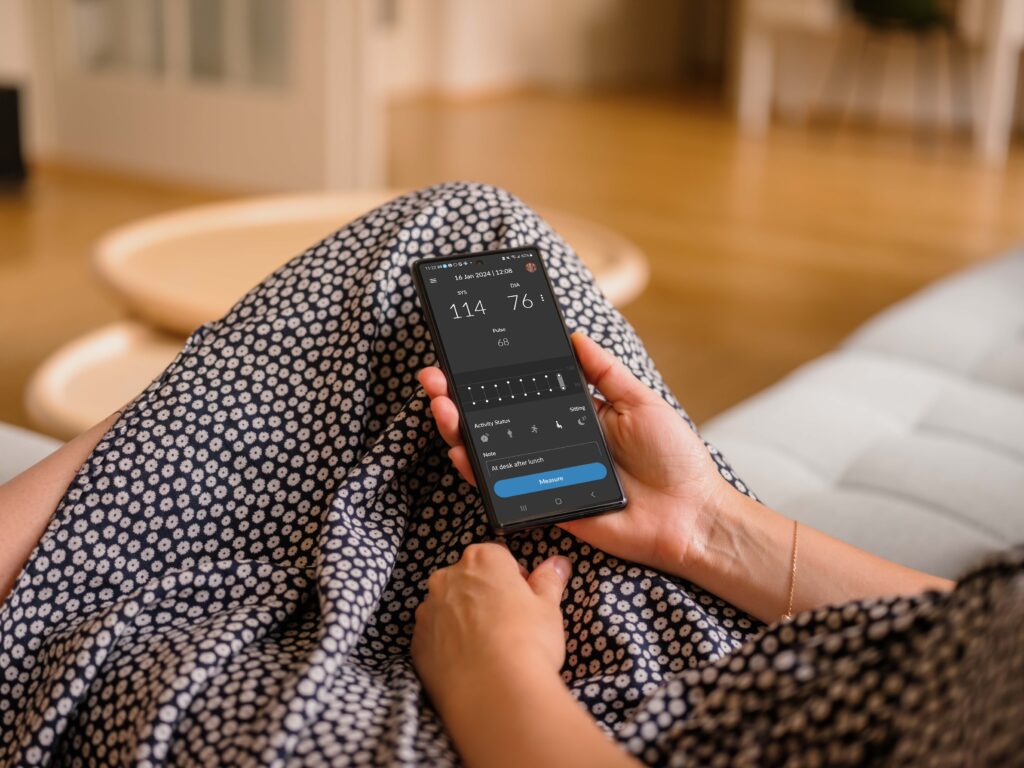High blood pressure, also known as hypertension, is a silent killer. Often asymptomatic, it places immense strain on the heart and blood vessels, increasing the risk of heart attack, stroke, kidney failure, and other serious health complications. For individuals diagnosed with hypertension, regular blood pressure monitoring is not just a recommendation—it’s a crucial component of effective disease management that yields both immediate and long-term benefits.
The Weekly Check: A Pillar of Hypertension Management
While occasional blood pressure checks at the doctor’s office provide a snapshot of your health, they do not capture the full picture. Blood pressure naturally fluctuates throughout the day and can be influenced by various factors such as stress, exercise, and even the time of day. This is where weekly at-home blood pressure monitoring comes in.
By checking your blood pressure weekly, you gain valuable insights into your cardiovascular health and empower yourself to take control of your condition. Here’s why this simple practice is so essential:
- Early Detection of Changes: Frequent monitoring allows for the early detection of any significant changes in your blood pressure. These changes could signal the need for medication adjustments or lifestyle modifications, ensuring your treatment plan remains effective.
- Improved Medication Adherence: Seeing concrete evidence of how your blood pressure responds to medication can motivate you to take your medications as prescribed. This improved adherence is crucial for successful blood pressure control.
- Better Blood Pressure Control: Studies have consistently shown that individuals who monitor their blood pressure at home achieve better blood pressure control compared to those who rely solely on clinic readings. This translates to a reduced risk of complications and improved overall health.
- Enhanced Doctor-Patient Relationship: Regular blood pressure monitoring provides your doctor with valuable data to tailor your treatment plan and make informed decisions. This fosters a collaborative approach to healthcare, where you and your doctor work together as a team to achieve your health goals.
- Empowerment and Peace of Mind: Monitoring your blood pressure empowers you to actively participate in your healthcare. Knowing that you are keeping a close eye on your condition can provide peace of mind and reduce anxiety associated with hypertension.
European Statistics: A Closer Look at the Impact
The importance of blood pressure monitoring is well-recognized in Europe, where hypertension affects a significant portion of the population. Let’s delve into some relevant statistics:
- Prevalence: According to the European Society of Cardiology, approximately 30-45% of adults in Europe have hypertension.
- Complications: Hypertension is a major risk factor for cardiovascular disease, which accounts for nearly half of all deaths in Europe.
- Awareness and Control: While awareness of hypertension is increasing, control rates remain suboptimal. Studies suggest that only about 1 in 5 individuals with hypertension have their blood pressure adequately controlled.
- Benefits of Home Monitoring: Research conducted in Europe has shown that home blood pressure monitoring is associated with improved blood pressure control, reduced cardiovascular events, and increased patient satisfaction.
Short-Term and Long-Term Health Benefits
The benefits of weekly blood pressure monitoring extend far beyond simply knowing your numbers. Let’s explore the positive impact this practice can have on your short-term and long-term health:
Short-Term Benefits:
- Early Identification of Hypertensive Crises: Regular monitoring can alert you to sudden spikes in blood pressure, potentially preventing hypertensive crises that require emergency medical attention.
- Timely Medication Adjustments: By tracking your blood pressure trends, you and your doctor can make timely medication adjustments to keep your blood pressure within a healthy range.
- Reduced Anxiety and Stress: Knowing your blood pressure is under control can alleviate anxiety and stress, contributing to a better overall sense of well-being.
Long-Term Benefits:
- Reduced Risk of Heart Attack and Stroke: Effective blood pressure control significantly lowers your risk of heart attack and stroke, two of the leading causes of death worldwide.
- Protection of Kidney Function: High blood pressure can damage the kidneys over time. Monitoring and controlling your blood pressure helps preserve kidney function and prevent kidney failure.
- Prevention of Vision Loss: Hypertension can affect the blood vessels in the eyes, leading to vision problems. Keeping your blood pressure in check protects your vision and reduces the risk of eye complications.
- Improved Quality of Life: By managing your blood pressure effectively, you can enjoy a better quality of life with increased energy, improved physical function, and reduced risk of disability.
Strengthening the Doctor-Patient Relationship
Weekly blood pressure monitoring fosters a stronger and more collaborative doctor-patient relationship. By bringing detailed blood pressure readings to your appointments, you provide your doctor with valuable information that facilitates personalized treatment recommendations.
This data-driven approach allows for more meaningful discussions about your health and empowers you to actively participate in decision-making. When you and your doctor work together as a team, you are more likely to achieve successful blood pressure control and experience improved health outcomes.
The Right Routine Makes for a Better Life
For individuals with high blood pressure, weekly blood pressure monitoring is a powerful tool that offers a multitude of benefits. From early detection of changes to improved medication adherence and enhanced doctor-patient communication, this simple practice can significantly improve your short-term and long-term health.
Remember, knowledge is power. By monitoring your blood pressure regularly on a frequent basis, you gain valuable insights into your cardiovascular health and empower yourself to take control of your condition. Investing in new smartphone based technology like OptiBP can make daily or weekly checks even easier as a part of your routine, and embark on a journey towards better blood pressure control and a healthier future.
